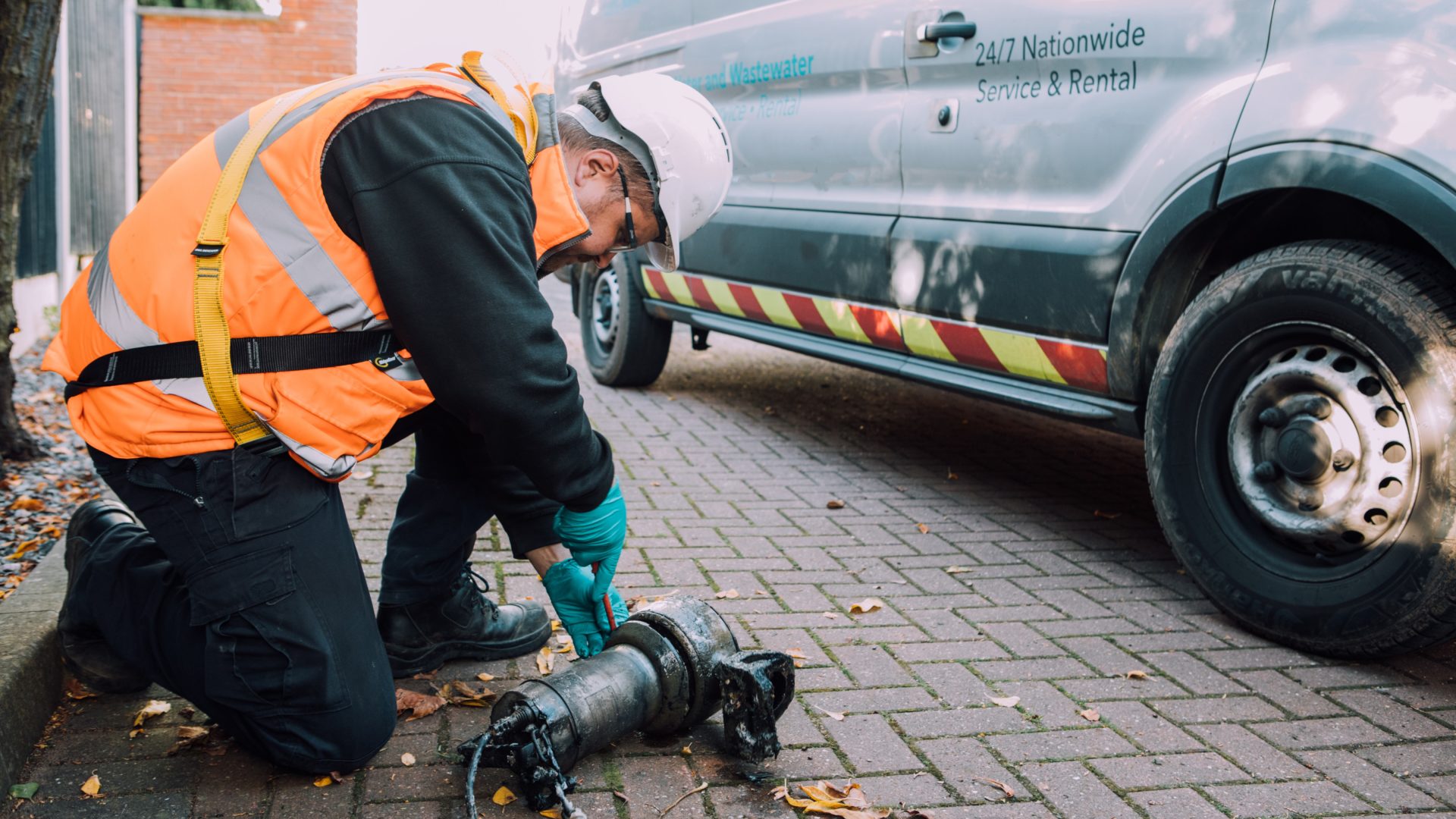Now that industrial companies face being hit with unlimited fines for pollution incidents, outsourcing pump maintenance to specialist contractors can provide security and peace of mind, as well as long-term cost savings, writes Guy Fitzpatrick, industry & infrastructure director at Xylem UK.
In December 2023, a £250,000 cap on penalties for companies that pollute the environment was lifted by the UK government.
This means, in the event of a pollution, the Environment Agency can impose unlimited fines on firms that hold environmental permits, including those in manufacturing and process, agriculture and water and wastewater. Industrial pump faults caused by clogging, worn and damaged parts, corrosion and misalignment, may result not only in costly callouts and downtime, but also leaks and spills that could cause environmental harm and be deemed criminal offences.
The majority of pump breakdowns can be prevented by a comprehensive maintenance and service schedule, to ensure systems are routinely inspected and any potential issues are addressed early.
Budget constraints, recruitment challenges and knowledge gaps, however, can make implementing an effective schedule difficult for time-stretched maintenance teams, who often have multiple sites to look after and are working on a reactive basis.
As such, many companies are moving to planned, preventative maintenance agreements, which outsource pump maintenance to a specialist contractor. Tailored agreements include setting a proactive maintenance and service schedule, which reduces the likelihood of unforeseen callouts, breakdowns or safety breaches, and ensures pumps are running at maximum efficiency to minimise energy consumption and whole-life costs.
In establishing an agreement, the specialist contractor will undertake an assessment of site-specific factors and budget to outline a bespoke schedule. While no two sites are the same, Xylem’s experience from maintaining thousands of pumps across the UK and Ireland, shows typically:
- If there have been no callouts in 12 months and the system has been operating well, an annual service should be sufficient
- If one or two callouts have been required in the past 12 months, Xylem would recommend six-monthly or quarterly services
- More than five callouts per year would suggest an issue that needs addressing. Once resolved, Xylem would advise quarterly services, with ongoing reviews
Entering into an agreement means 24/7 availability of a larger pool of skilled engineers who understand the latest health and safety practices and regulatory requirements. Additionally, Xylem’s engineers have fully stocked service vehicles and access to advanced tools and technologies and, as an original equipment manufacturer (OEM), an inventory of critical spare parts.
This is an important consideration – we are seeing an increase in non-genuine spare parts being used by some companies, which may provide short-term savings but are unlikely to deliver long-term reliability and safety assurances.
A planned maintenance agreement with an OEM will ensure only genuine parts, engineered specifically for industrial applications are installed – ultimately helping prevent pump breakdowns, keep systems running safely and avoid the risk of unlimited fines or prosecution.



